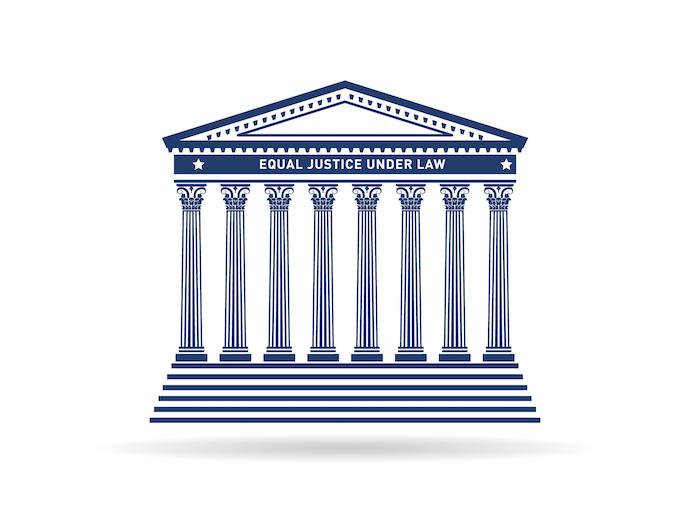Supreme Court OKs Public Charge, Immigrants On Medicaid May Be Denied Entry
The Supreme Court has approved the public charge rule by a vote of 5-4, denying entry to immigrants who were, are, or could be on Medicaid for healthcare coverage.

Source: Getty Images
- The Supreme Court has approved the public charge rule, which denies immigrants green cards and visas if they have used or are expected in the future to use Medicaid or other public benefits.
The court’s final decision was 5-4, split along party lines.
“Today the Court (rightly) grants a stay, allowing the government to pursue (for now) its policy everywhere save Illinois,” the final decision stated.
The public charge rule states what bars immigrants from entering the country or residing in the country.
The Trump Administration proposed to extend the rule to implicate the immigrants’ reliance on public services—past, present, and future. Immigrants must be able to prove that they can support themselves financially without government assistance, including obtaining healthcare coverage.
“Under long-standing federal law, those seeking to immigrate to the United States must show they can support themselves financially,” Former Secretary of Homeland Security Kirstjen Nielsen said when the rule was proposed. “This proposed rule will implement a law passed by Congress intended to promote immigrant self-sufficiency and protect finite resources by ensuring that they are not likely to become burdens on American taxpayers.”
Studies have found that lawful immigrants are already among the most likely to be uninsured in America. The public charge proposed rule raised concerns that it may soon become even harder for immigrants to obtain coverage. Opponents feared that the rule would increase uninsurance levels.
Researchers have linked declines in healthcare coverage among Hispanics and lower levels of Medicaid and CHIP enrollment to the public charge rule.
The court’s final decision focused less on the case before them and more on a trend in the justice system which the court found disturbing.
The Supreme Court expressed disdain at a pattern of behaviors in the district courts. The Supreme Court claimed that these district courts go beyond their authority: they do not stop at denying the government enforcement of what it finds to be an unjust rule, but rather these courts order the government to take a particular action. The Supreme Court promised action against these behaviors in the future.
“In light of all that’s come before, it would be delusional to think that one stay today suffices to remedy the problem,” the final decision said. “The real problem here is the increasingly common practice of trial courts ordering relief that transcends the cases before them. Whether framed as injunctions of ‘nationwide,’ or ‘universal,’ or ‘cosmic’ scope, these orders share the same basic flaw—they direct how the defendant must act toward persons who are not parties to the case.”
